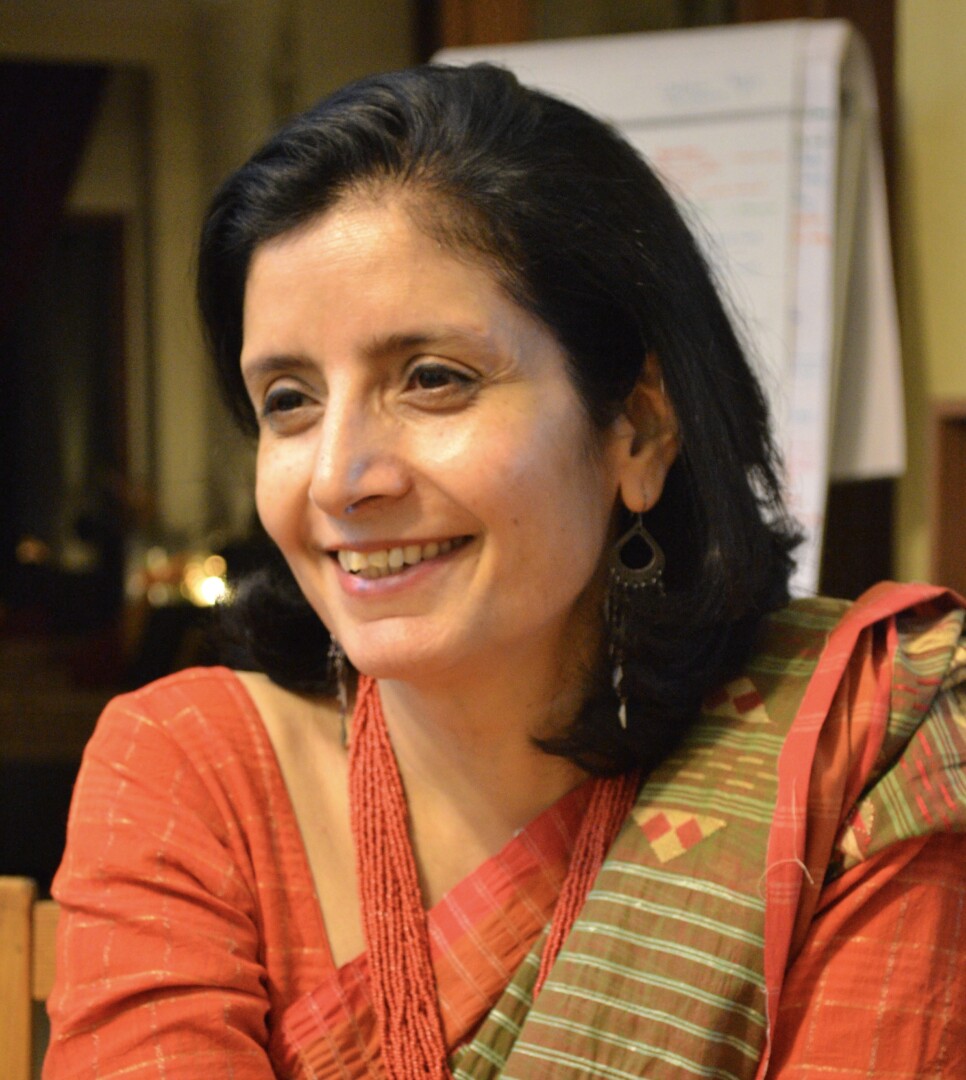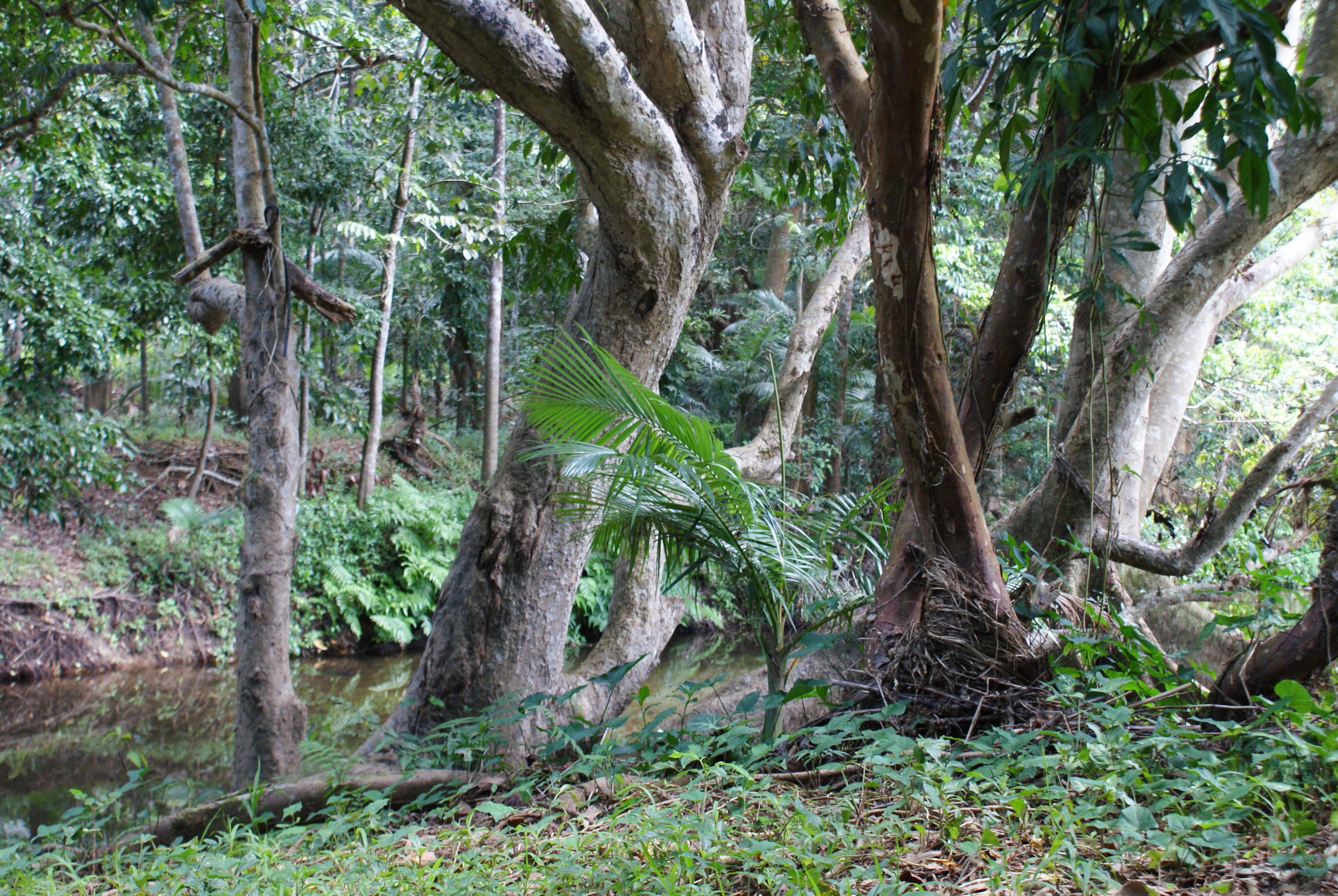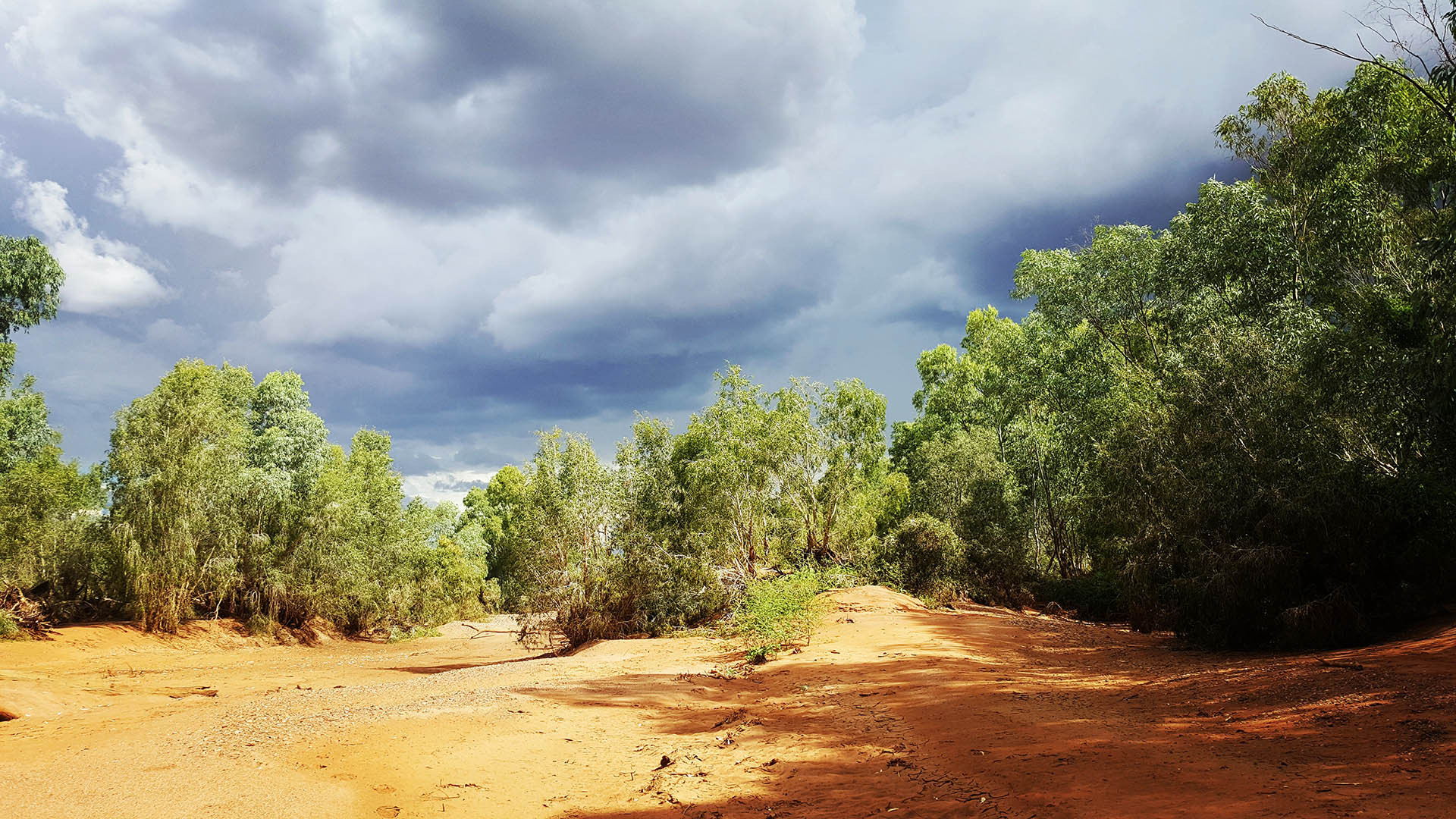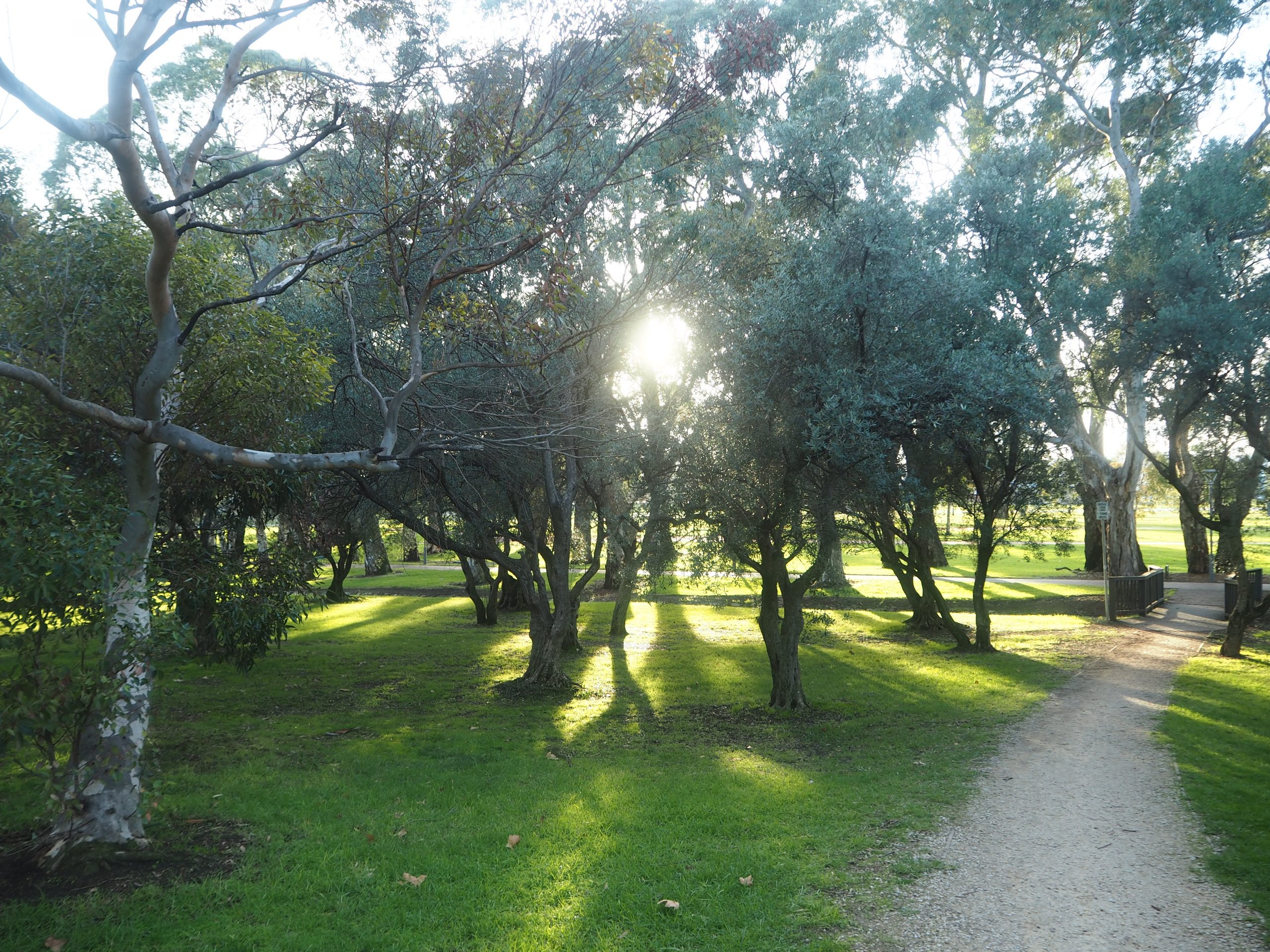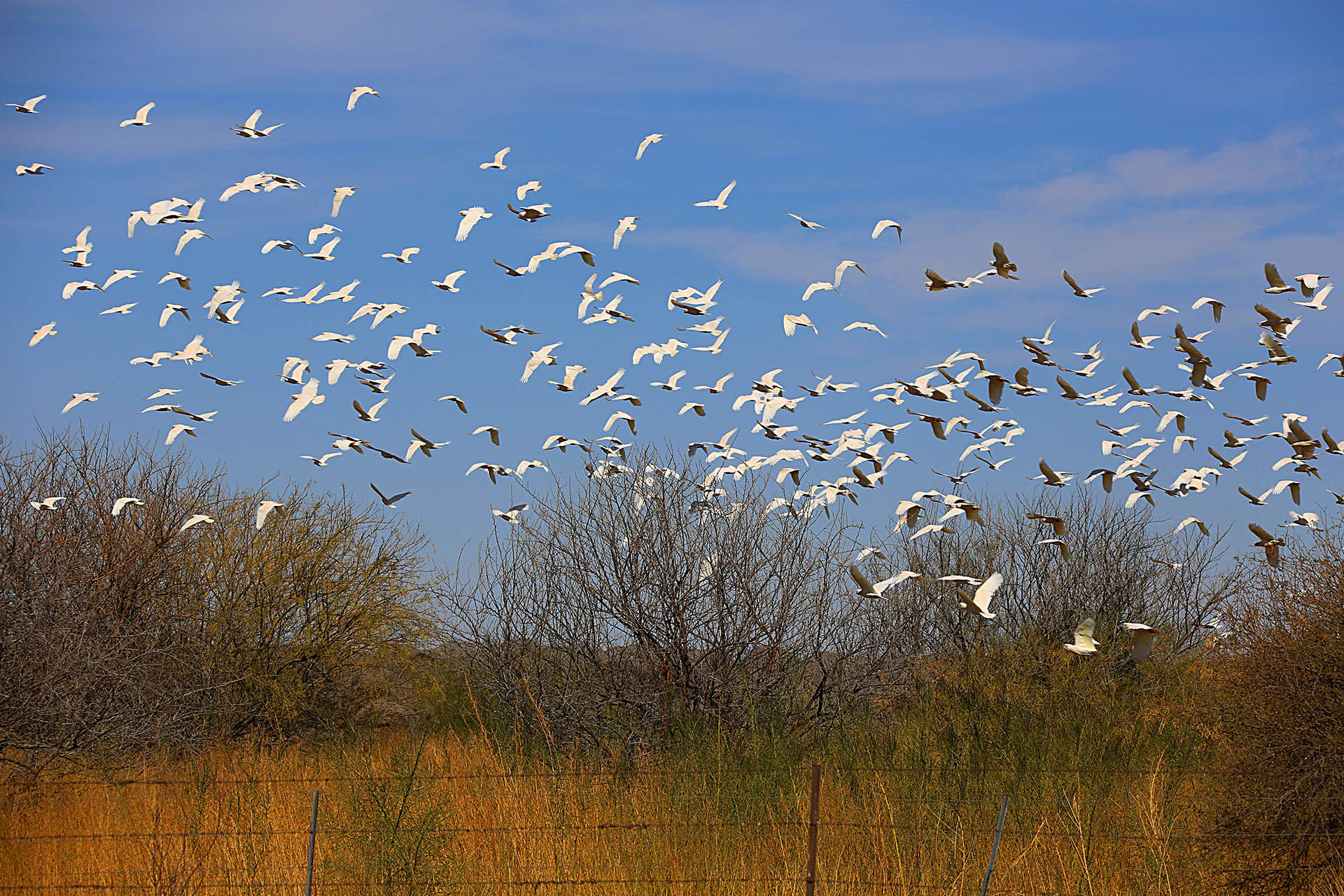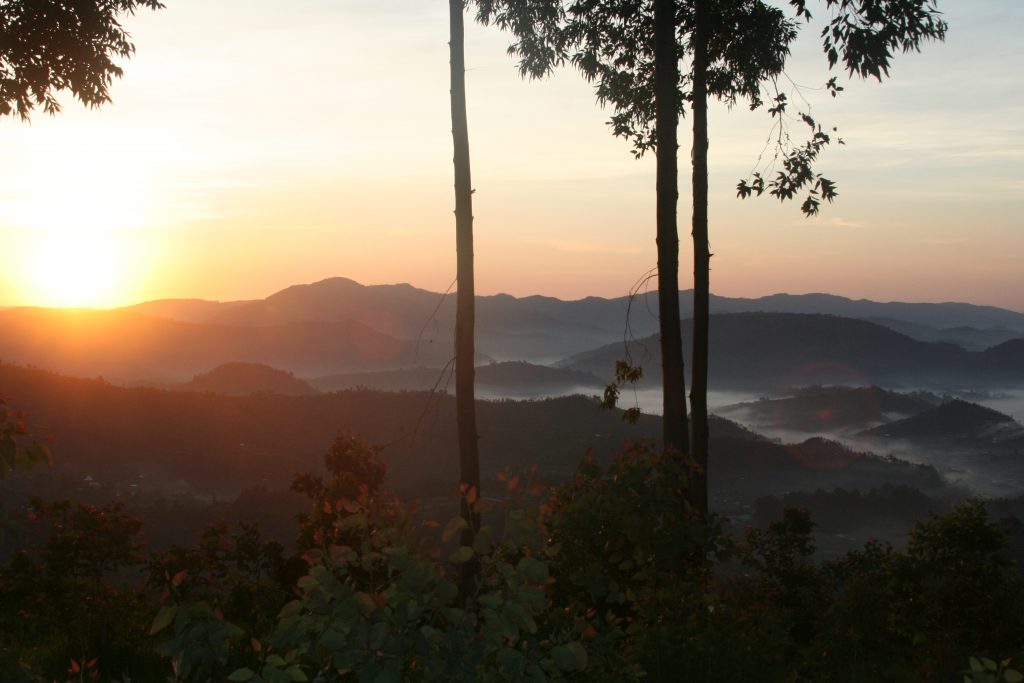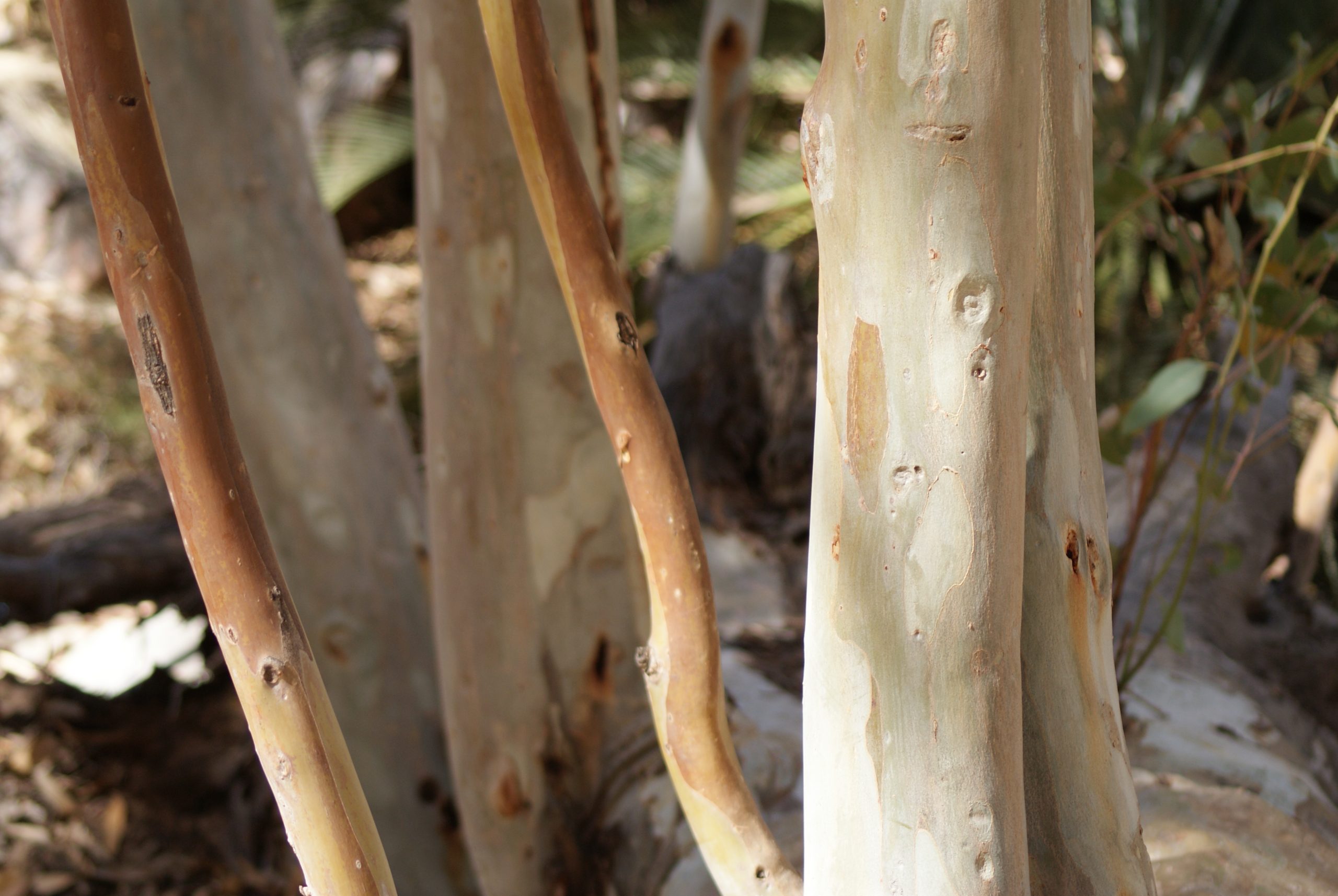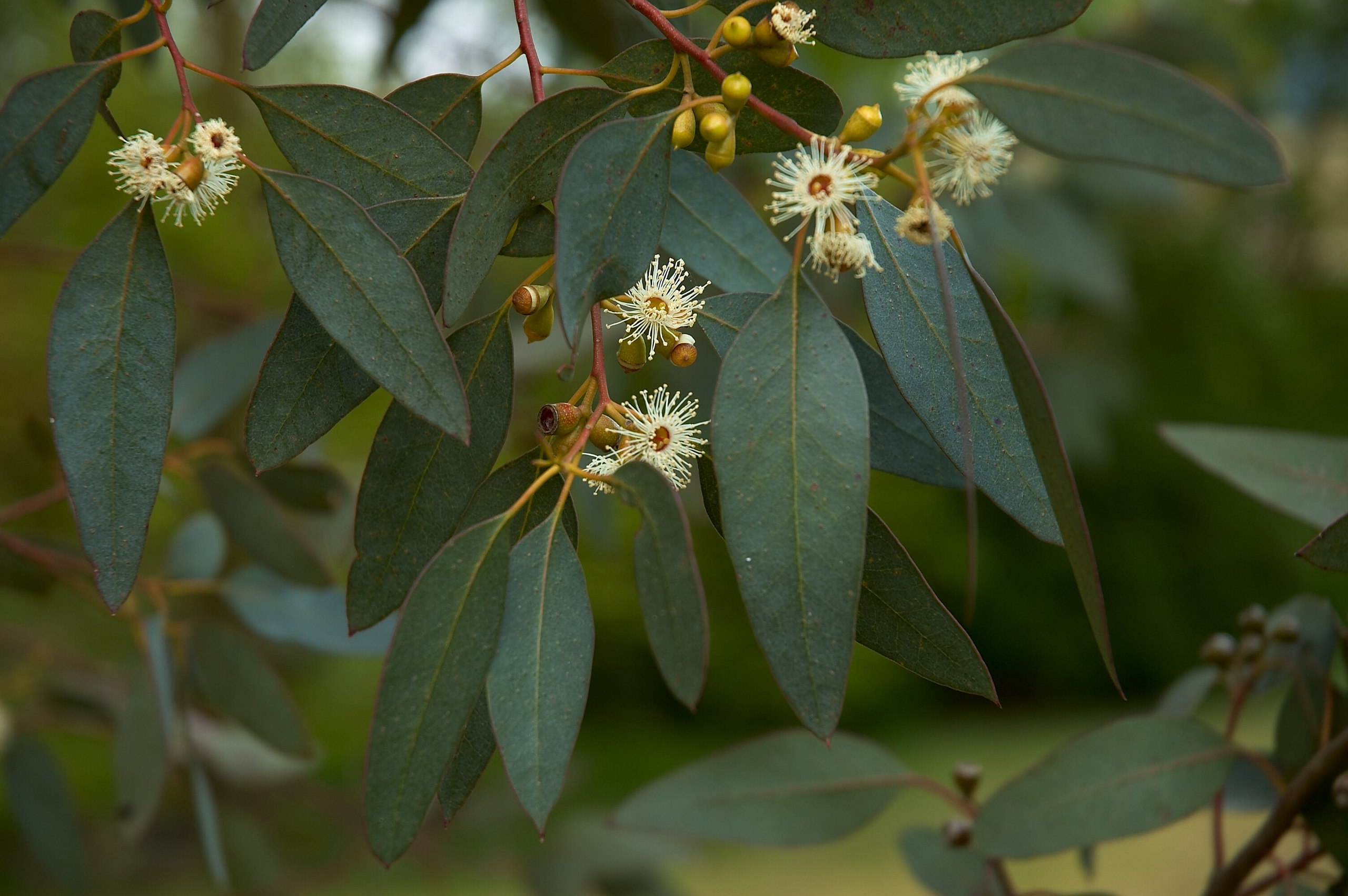In the opening scene of the 2022 documentary Addicted to Life, about the Belgian athlete Marieke Vervoort, diagnosed with a painful degenerative spinal disease, we hear powerful defiance. Over an internet call, Vervoort, who has obtained papers to end her life via euthanasia, says to the filmmaker Pola Rapaport: "Everyone is pushing me and asking me, 'When are you going to die? Do you know already the date that you’re going to die?' I said, 'Fuck you. … You don’t know when you want to die. When the time comes, when I feel it’s enough, then I will decide'.” ... It is a powerful start to a tender and at times harrowing story of the last three years of a life and the intricate weaving of pain, extraordinary athletic accomplishment, determination, relationships and euthanasia. It’s a story that carefully explores the idea that “not only life but also death is political” (Özpolat, 2017, p. 28).
